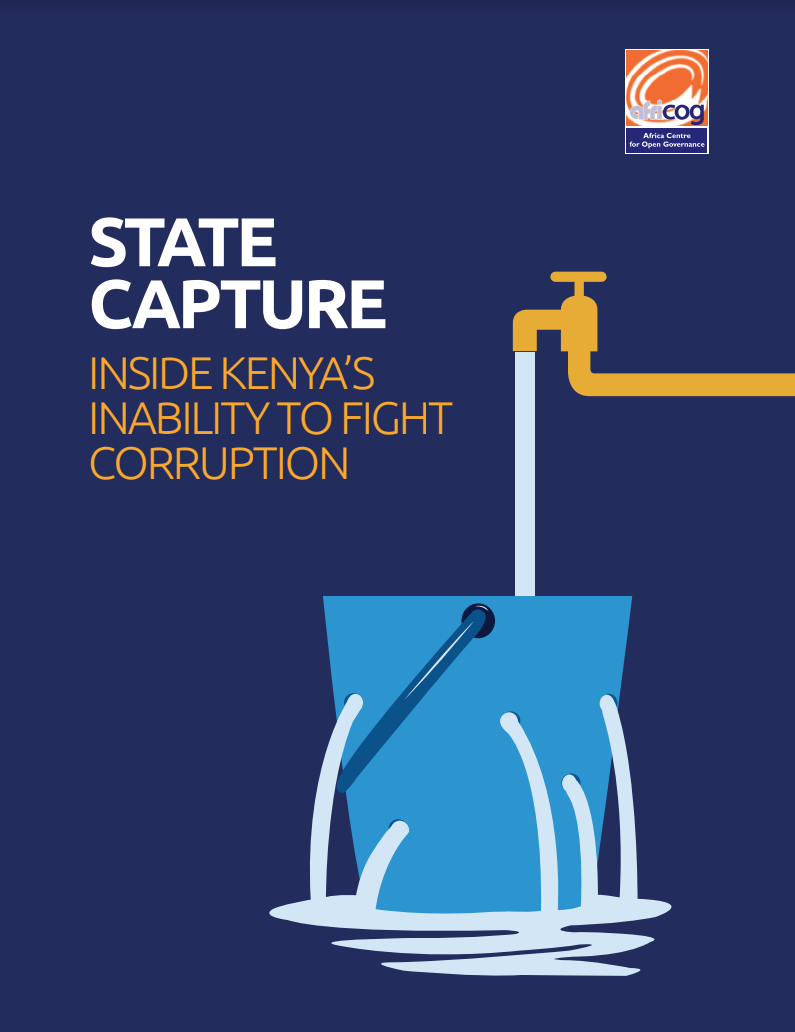Two new sheriffs in town
It has been a frantic period since 13 March 2018, when President Kenyatta appointed Noordin Haji of the National Intelligence Service (NIS), as the Director of Public Prosecutions (DPP), to replace the lacklustre Keriako Tobiko, who is now Cabinet Secretary for Environment and Forestry. Almost simultaneously, Mr Kenyatta also appointed Paul Kihara, former President of the Court of Appeal as the Attorney General (AG) to replace Githu Muigai, completing what was seen as both a makeover and a clean-up of the ineffectual State Law Office.
On the political front, Uhuru Kenyatta’s reconciliation with his main rival, Raila Odinga of the National Super Alliance (NASA), restored some measure of the political legitimacy that he lost in the deeply flawed presidential elections of 2017.
Because the appointments and the making-up were so unexpected, so seemingly out of character, and so removed from the usual hands-off, see-no-evil, hear-no-evil modus operandi of Mr Kenyatta’s first term, many observers were convinced that the President had made a break with the past; that he was primed to battle the twin bugbears of his administration: the toxic post-election politics – which were both polarising and debilitating – and institutionalised corruption
A handshake with his opponent
On this reading, finding common ground with Mr Odinga normalises politics and gives Mr Kenyatta the legitimacy he needs to make difficult political choices associated with fighting corruption.
The new appointments, the story goes, should revitalise the State Law Office and give the war on corruption the impetus it needs to succeed. The narrative is that Mr Kenyatta is looking beyond 2022, to his legacy, which he now sees as imperilled by corruption. In short, the President’s change of heart is real.
To be sure, something has changed: for the first time, the government has launched, and more important, sustained (so far) an aggressive campaign of high-profile arrests and indictments. The DPP may sometimes sound sanctimonious but he has been consistent, even with the inevitable energy slump that comes with time.
An invigorated State Law Office
For his part, Mr Kihara has brought more energy and less showmanship to the AG’s office: he has invigorated the 2015 Multi-Agency Task Force on Corruption – comprising the National Intelligence Service, the Directorate of Criminal Investigations (DCI), the Anti-Money Laundering Unit, the Asset
Recovery Agency, the Anti Banking Fraud Unit, the Financial Reporting Centre, the Kenya Revenue Authority, the Cybercrime Unit, the Anti-Counterfeit Body and the Ethics and Anti-corruption Commission (EACC). Though it has not made public its operations since March last year, the AG’s office has reportedly given the President a confidential list of high-level government officials involved in graft. This list is ‘rumoured’ to be the basis of the latest spate of arrests.
In June 2018, President Kenyatta sent more than 1,000 procurement officers and accountants home, fulfilling his Madaraka Day promise that they needed to be vetted afresh. His promise was that this revetting would include lie detector tests.
